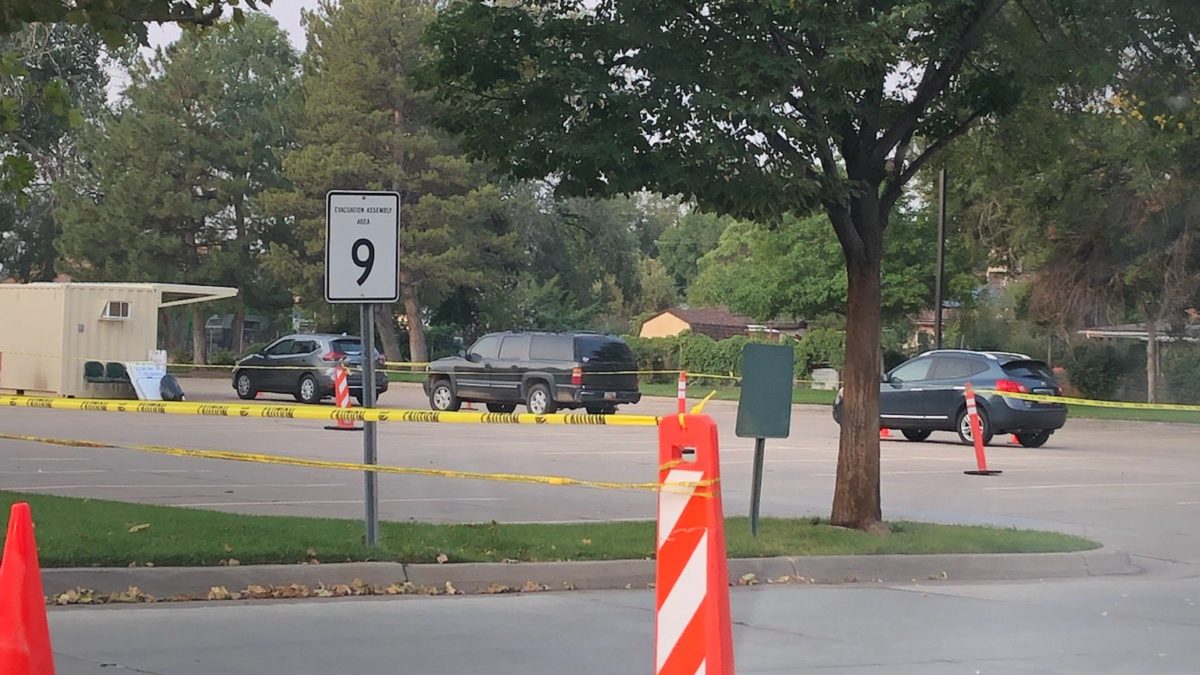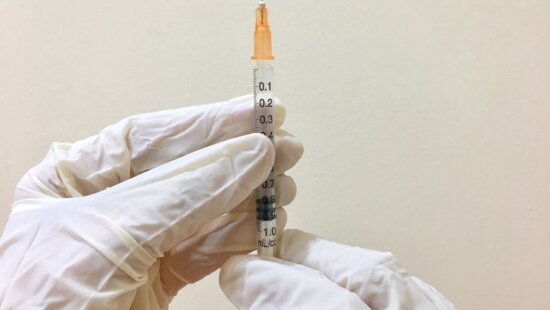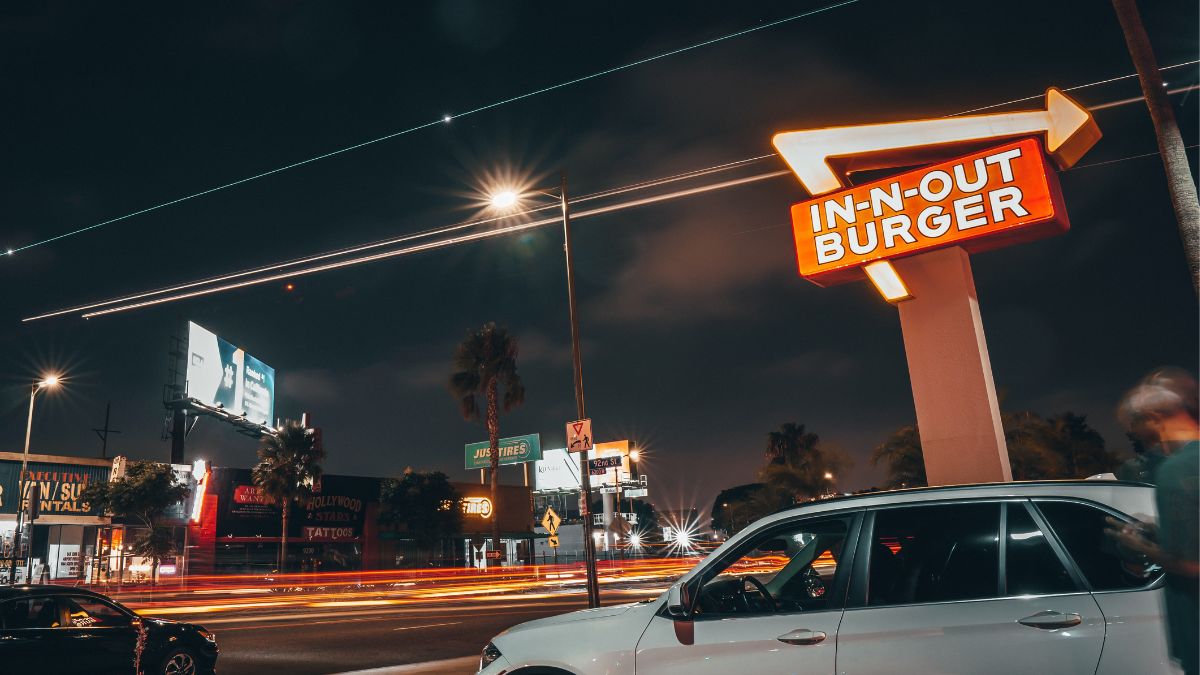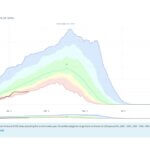Health
Utah Dept. of Health to close many Covid testing sites

Many UDOH-sponsored testing sites are closing permanently and some will transition to private, for-profit vendors. Photo: UDOH
SALT LAKE CITY — The Utah Department of Health (UDOH) said on Monday that many of its sponsored COVID-19 testing sites are closing permanently, as it transitions to a “more long-term, sustainable response” to the coronavirus.
Some of the sites will be transferred to private, for-profit vendors.
For the most up-to-date info on testing site operating hours, types of tests offered, associated costs, and eligibility — click here.
If you’re looking for a specific type of test for travel requirements, you can search sites by test type here. UDOH is ending travel testing on March 31.
Covid testing in Summit County is currently being offered by Curative at the following locations:
- Park City (Richardson Flat) — Mondays, Wednesdays, and Fridays — 9 am to 4 pm
- Kamas — Tuesdays — 9 am to 4 pm
- Coalville — Thursdays — 9 am to 4 pm
“The State of Utah and Summit County are in a favorable position,” Summit County Health Department officials wrote to the county council in a recent staff report.
“With the availability of vaccines and boosters, specific COVID-19 anti-viral prescriptions, at-home COVID-19 tests, and the increased availability of monoclonal antibody therapies, we have all the necessary tools to responsibly manage COVID19.
“Additionally, we have a favorable vaccination rate (greater than 80%) among those individuals who are eligible for vaccination and nearly 50% of the eligible population having received a booster dose.”
The Summit County Health Department has begun to transition to a traditional disease surveillance model for COVID-19.
Since March 23, 2020, Summit County has experienced:
- 159,357 Covid tests
- 13,436 cases
- 266 hospitalizations
- 23 deaths
Those who should continue to get tested include (UDOH recommendations):
- Those with significant underlying conditions. Getting tested gives these people who test positive a chance to be considered for treatments like monoclonal antibodies or antiviral pills. Learn more at https://coronavirus.utah.gov/treatments or talk to your doctor.
- If you’re going to visit someone who is vulnerable (for example people over 75 years, immunocompromised, receiving immunosuppressive medication)
- If you’ve been sick but are getting better and want to confirm you are negative
- If you’re traveling somewhere that requires a negative test
- Elderly
- Those who work with vulnerable populations:
-Healthcare workers
-Long-term care facility employees
-People living or working in congregate settings including prisons and homeless shelters


















